After all, if you are living in it, you might as well be decorating a camper van according to both your requirements and taste. Read on to learn about ten effective ways of decorating a camper van to incorporate both essentials and your own personality into it.
10 Tips for Decorating a Camper Van Feel More Homely
Here are ten tips for decorating a camper van to make it your ideal home.
1. An Organized Space
Have you ever been in a room where there are clothes scattered all over, cushions strewn about, or some decoration pieces lying about away from their place? If you have, you must know the cramped feeling that comes with such a space.
You do not get a positive impression and do not wish to remain there longer. The same is the case in a camper van. It is already a small space, and if you leave it unorganized, you will never enjoy your time in it.
So, your first step in decorating a camper van is to always keep it organized.
2. Trinkets or Paintings
Do you want to add a personalized touch to your camper van? Well, there is no better option than having certain items you really love.
For example, while decorating a camper van, you can hang some classic paintings that you love. Or, you can opt for some trinkets or little ornaments to hang in some places in the camper van.
While it may feel like an excessive and time-consuming step, you will reap its rewards. There is no greater satisfaction when, after decorating a camper van, you look around and find yourself in a space that feels both familiar and homely to you.
3. Bathroom

Let's be honest here. You are going to live in a camper van for a while at least and going to washroom is a normal physiologoical function you cannot ignore. So, what would you do if there was not a single bathroom close to you?
Therefore, a bathroom is a necessity you must remember to include when decorating a camper van. You will never enjoy your stay in the camper van if you cannot even relieve yourself of your basic physiological needs,
4. Plants
We have talked about how paintings and trinkets will add a personalized touch to your camper van. But what about some sort of natural element to soothe you?
Having natural elements in your living space, such as plants, is a proven method of having a relaxed mind. Simply because you are not in your home, you cannot just deprive yourself of this luxury.
Therefore, have at least one potted plant or hanging plant when decorating a camper van. You will never regret it.
5. Cushions and Blankets
Since you will be living in a camper van, of course, you need to make it as comfortable as possible both for yourself and anyone you are sharing it with. Thus, make sure to have an adequate number of cushions and blankets in your camper van.
We say "adequate" because you cannot have too many things; it will make your space feel cramped. You can have 1-2 big cushions placed in a place of your choice where you can sit and enjoy reading or watch the scenery outside. Add comfy blankets to ensure you are well-rested in your bed.
6. Privacy
Are you going to be living in the camper van with family members or perhaps some friends? If so, you need to consider your and others’ privacy. When decorating a camper van, you can opt to incorporate bunk beds.
It will give each person their own separate space and allow them to carry out their activities without disturbing others.
Another thing you can do is that if one person is doing something in the camper van while he/she does not wish to be disturbed, you can go and sit outside the van for your tasks. Remember, you must respect each other’s privacy in order to have a peaceful and enjoyable time.
7. Lighting
When you are living in a camper van, you are there day and night. During the day, you can utilize the sunlight to do your tasks. But what about at night? Suppose you have some urgent work to tackle, but if you don’t have lighting to carry it out, you cannot do it.
Therefore, always invest in adequate lighting when decorating a camper van. You can have LED lights installed. Or, if you just want some low lighting while watching a movie or to relax, you can also opt for LED fairy lights or soft reading lamps.
8. Kitchen
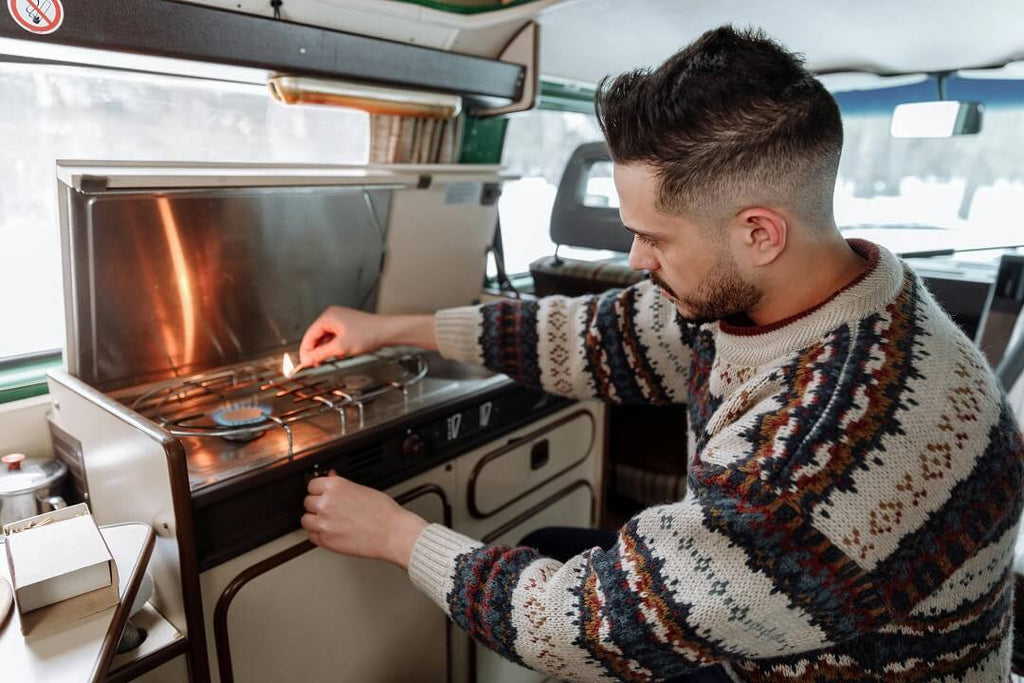
Suppose you are out in the camper van and you suddenly realize you are hungry. You don’t have any eatables with you and you did not bring any supplies with you for cooking purposes. A-not-so-nice situation to find yourself in, isn’t it?
You can prevent such a scenario from playing out by having a kitchen when decorating a camper van. Eating is another basic necessity you cannot go without.
So, instead of always relying on outside food (which also consumes more money), make your own food in your own comfortable living space.
You can also have some normal kitchen appliances, such as a mini refrigerator, an oven, a coffee maker, etc., according to your eating habits.
9. Heating and Cooling Systems
Now, while you are enjoying your stay in a camper van, you cannot forget about the varying seasons as well. If you are planning your camper van life in summer, you need to have some cooling system, such as air conditioning, installed.
Or, if it is winter, a heating system is necessary. You can purchase a small gas-powered heating system to put in your camper van.
10. Electrical System
Last but not least, you need to have an electrical system with you. Kitchen appliances, heating and cooling systems, and lights - all run on electricity.
What can you do in such a situation? You can opt for a solar system to support your life in the camper van. After all, solar systems are reliant on the Sun for power, so you can easily get electricity if you are in an area with adequate sunlight.
What Do I Need to Know About Campervan Life?
In the previous section, we looked at 10 key considerations when decorating a camper van, along with all the necessary essentials. However, your camper van life also needs to be sustainable so you can live comfortably.
Therefore, having solar products on board will serve you well. It will ensure that you have a constant power supply, thus allowing you to power all your electrical appliances. After all, the majority of our everyday items are run on electricity.
When considering solar products for decorating a camper van, you should consider the following BLUETTI solar products.
1. BLUETTI AC200P + 3*PV200 Solar Generator Kit
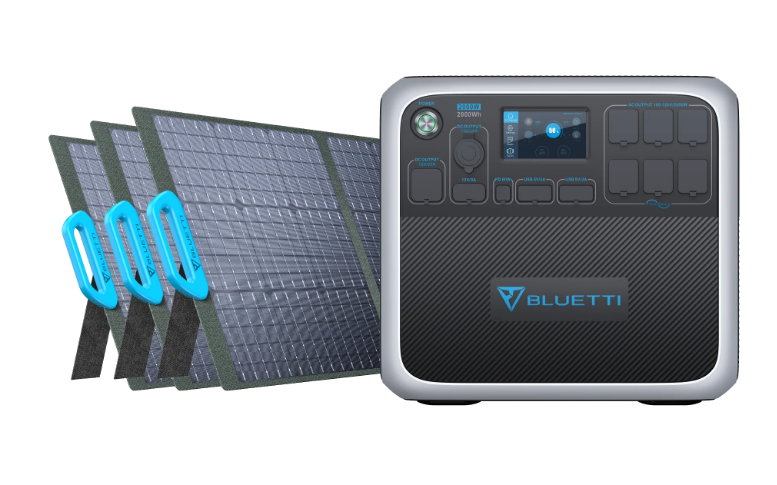
The BLUETTI AC200P + 3*PV200 Solar Generator Kit is a remarkable power source you can use in a camper van to run all your electrical appliances.
Key Features:
Power Output: Boasting a 2,000W AC Pure Sine Wave Inverter with a 4,800W surge power, you can smoothly run all your appliances just as you would expect them to run at home.
Capacity: It has a capacity of 2,000Wh, providing you with ample power to run several devices for an extended period, even when you go off-grid in a camper van.
Battery: It has a LiFePO4 Battery with 3,500 plus life cycles to 80%, guaranteeing you a durable and reliable power source.
17 Outputs: With 17 different outputs, you can charge multiple devices at the same time.
Also, find out how many solar panels you need to go off-grid.
2. AC300+B300 ( FREE PV200 ) Solar Generator Kit
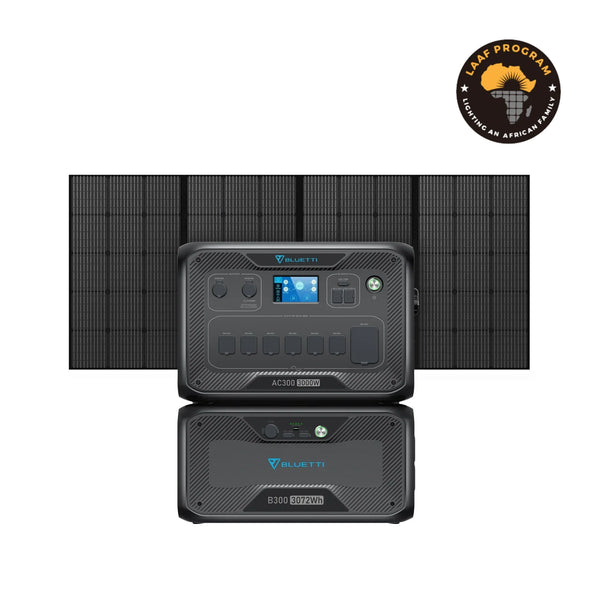
The AC300+B300 ( FREE PV200 ) Solar Generator Kit is a powerful and expandable power solution for your camper van.
Key Features:
Power Output: It has a 3,000W AC Pure Sine Wave Inverter, capable of handling a 6,000W surge, allowing you to run all small and big electrical appliances in your camper van.
Capacity: It has a capacity of 3,072Wh, which can be expanded to 12,288Wh with up to four B300.
Expandability: You can expand the system for more power needs by adding two AC300 and two B300. It will create a 240V split phase bonding, allowing you to power any high-power-demanding appliances you have.
24/7 UPS Home Backup: 24/7 UPS equals an uninterruptible power supply, providing you with power even if you are off-grid in your camper van.
Is It Worth It to Live in a Camper Van?
Whether you find it lovely to live in a camper van depends largely on your personality, comfort level with close quarters, and ability to adapt to a constantly changing environment.
If you are someone who wants to feel closer to nature, wants an adventure, and desires to experience the freedom of living outside, you would definitely enjoy trying out camper van life and decorating a camper van according to your tastes.
However, if you do not like small spaces or are not very adventurous, you might not enjoy the experience.
Final Thoughts
In conclusion, if you want to live in a camper van, there are ten essentials that you need to incorporate when decorating a camper van.
Make sure that you always keep your place organized. You can add trinkets or paintings for a personalized touch. You should add plants, adequate cushions and blankets for comfort, and sufficient lighting.
You should add a bathroom and kitchen. Have proper cooling, heating, and electrical systems in place. Lastly, if you are living with others, give them privacy.
For effective electrical systems, consider opting for BLUETTI solar products such as the BLUETTI AC200P + 3*PV200 Solar Generator Kit or the AC300+B300 ( FREE PV200 ) Solar Generator Kit.
]]>


























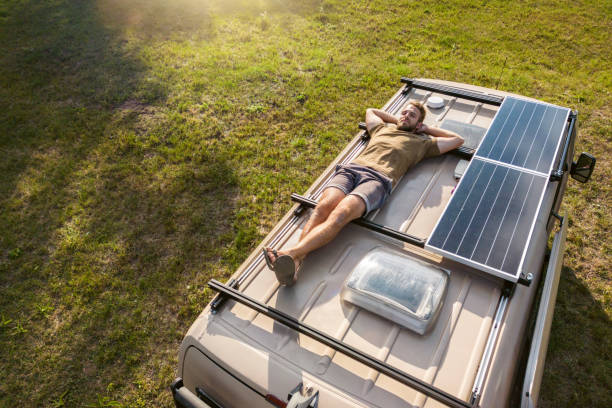
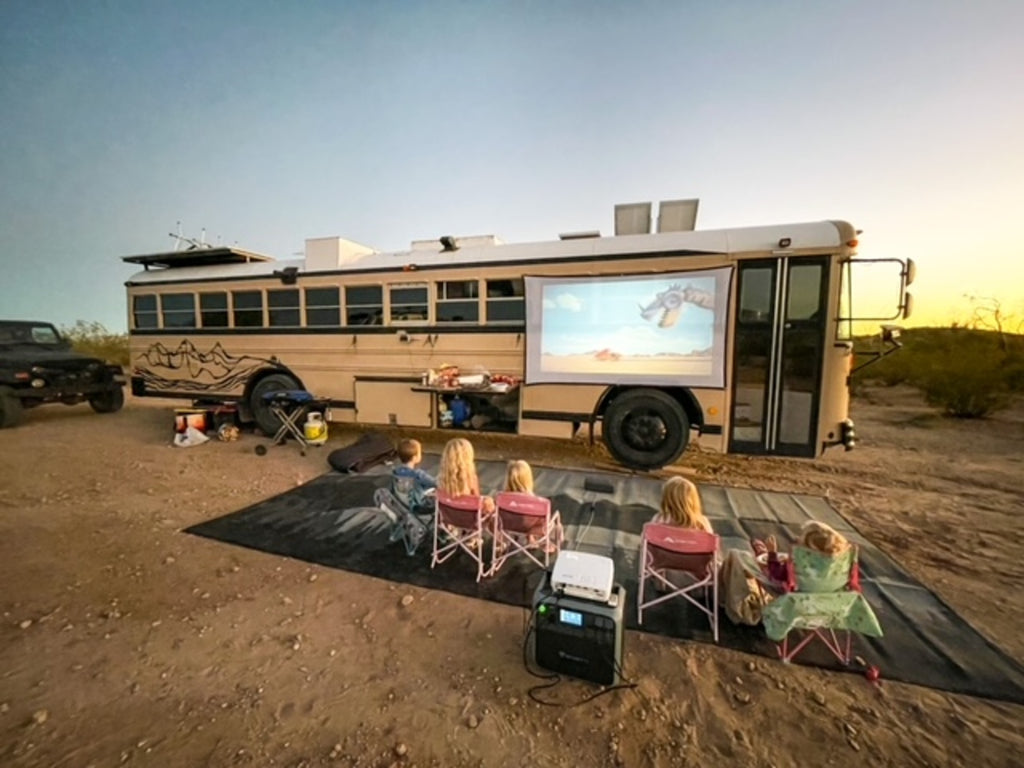
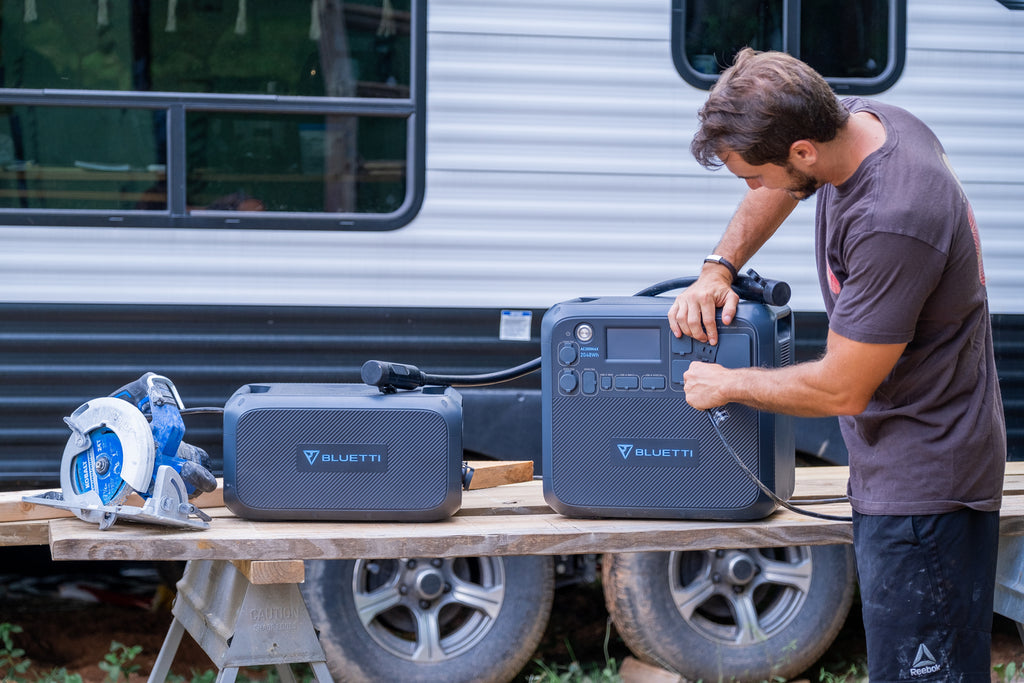




































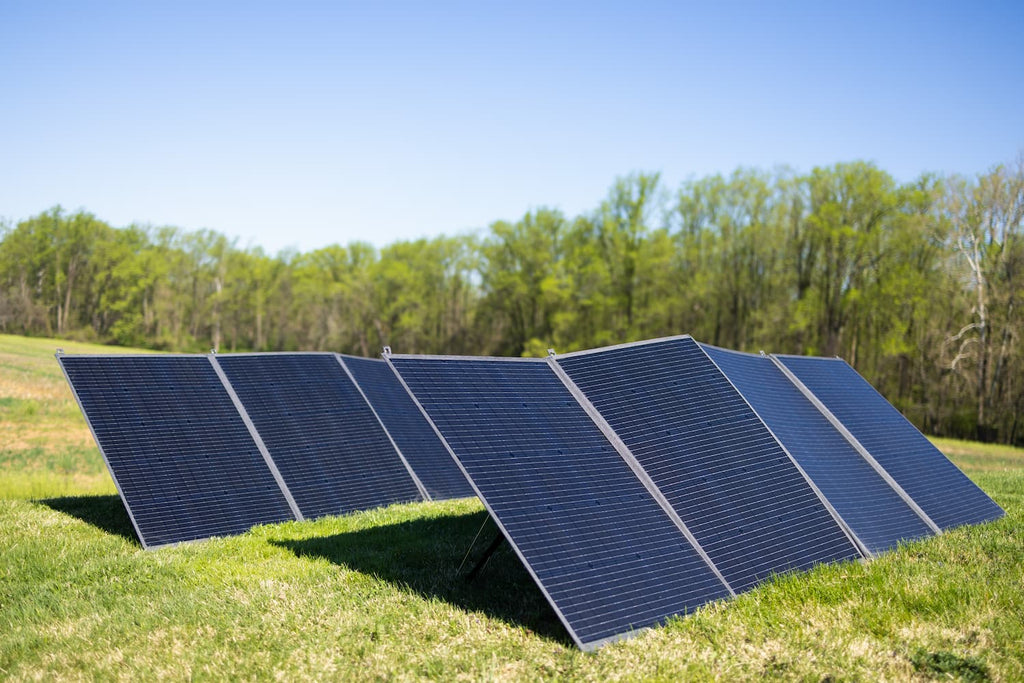










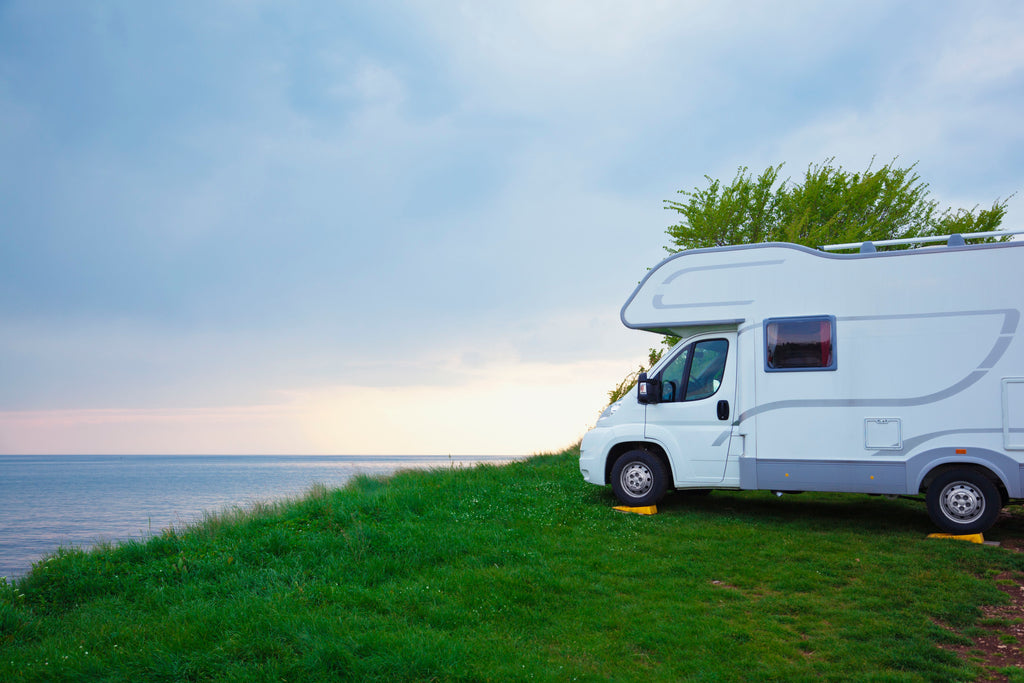
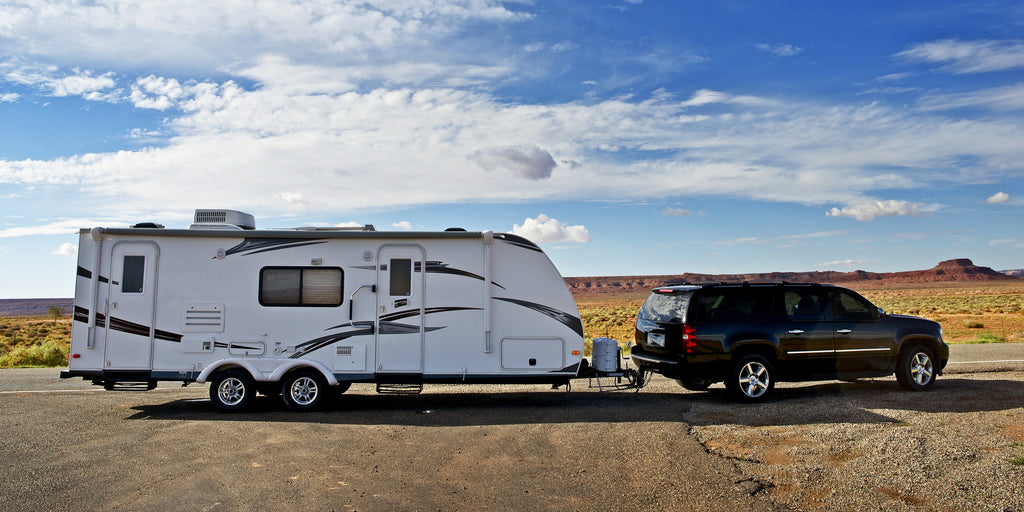
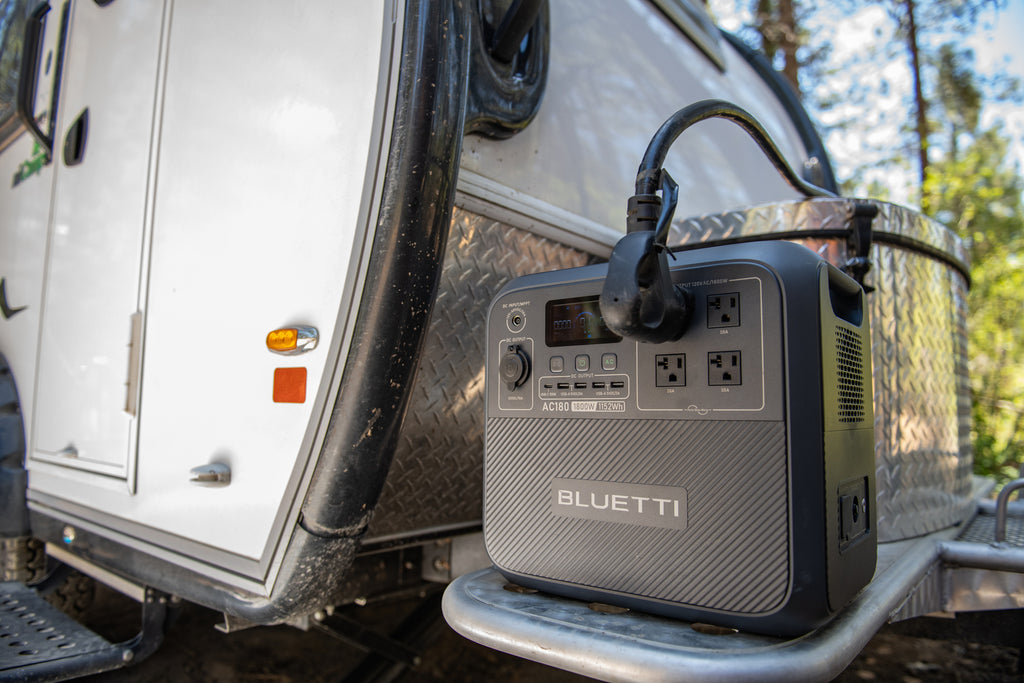
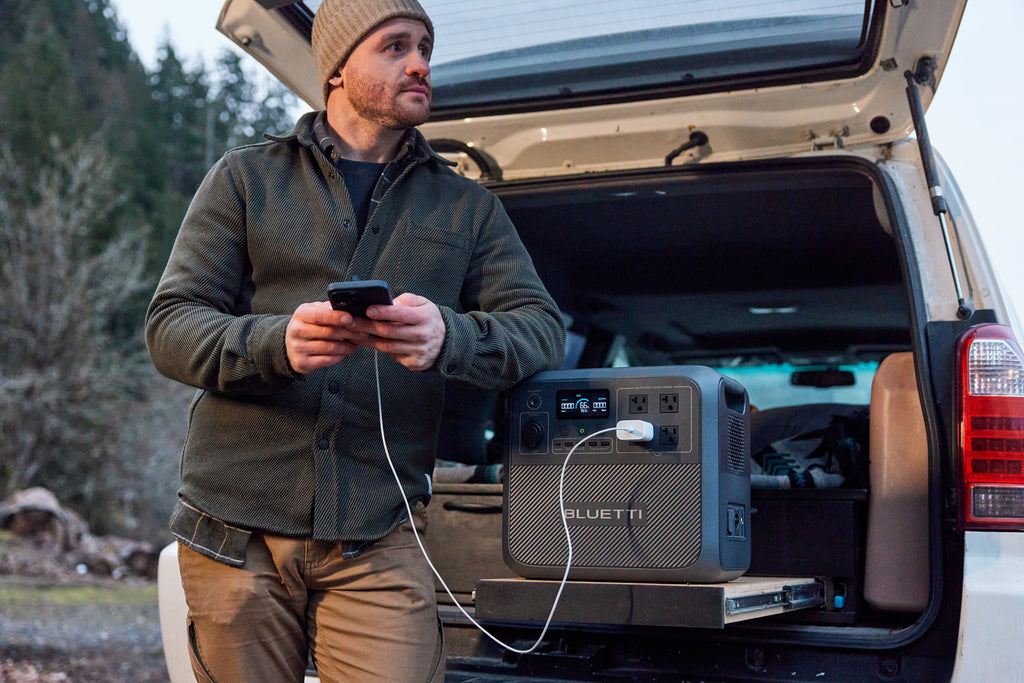
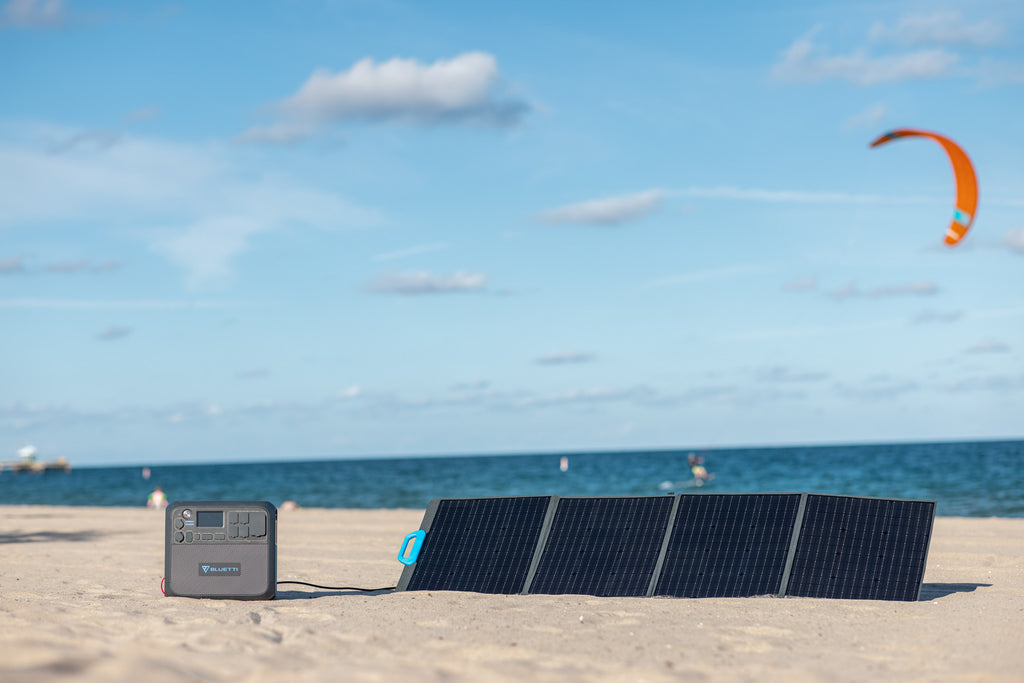
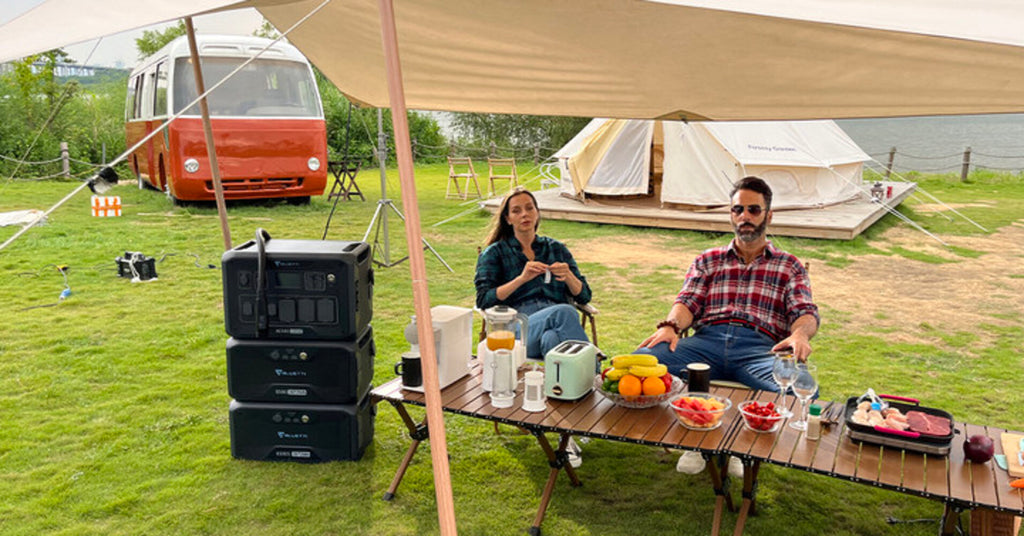
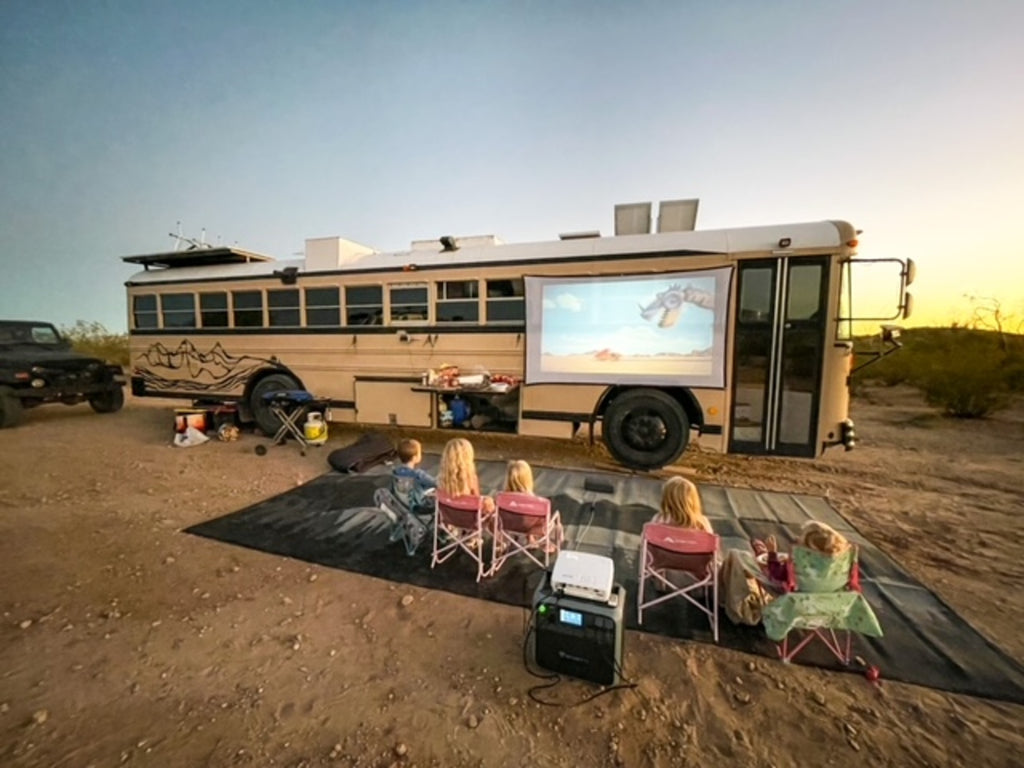

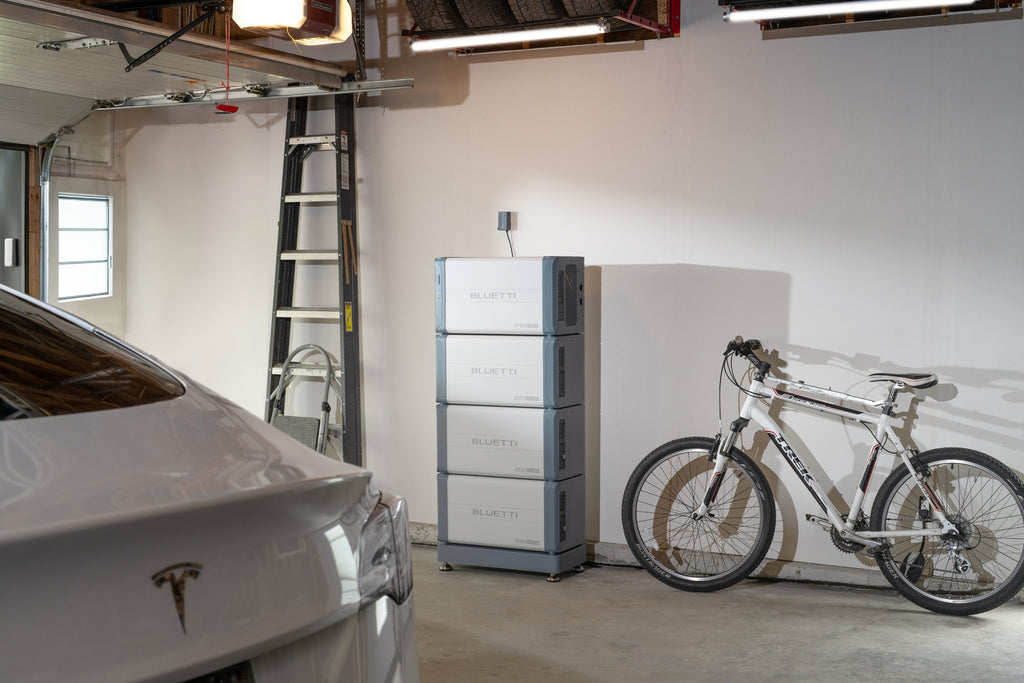
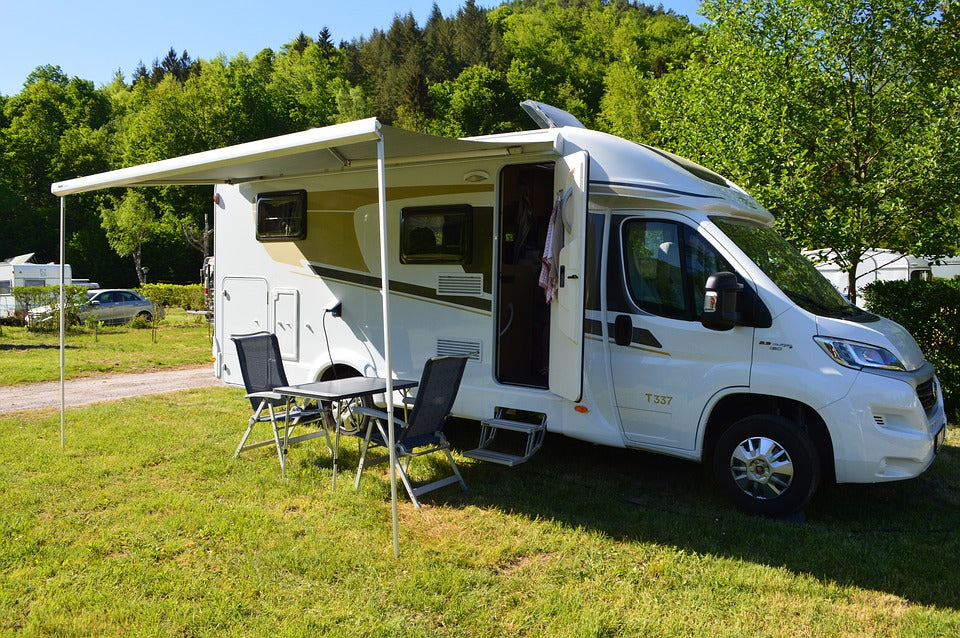







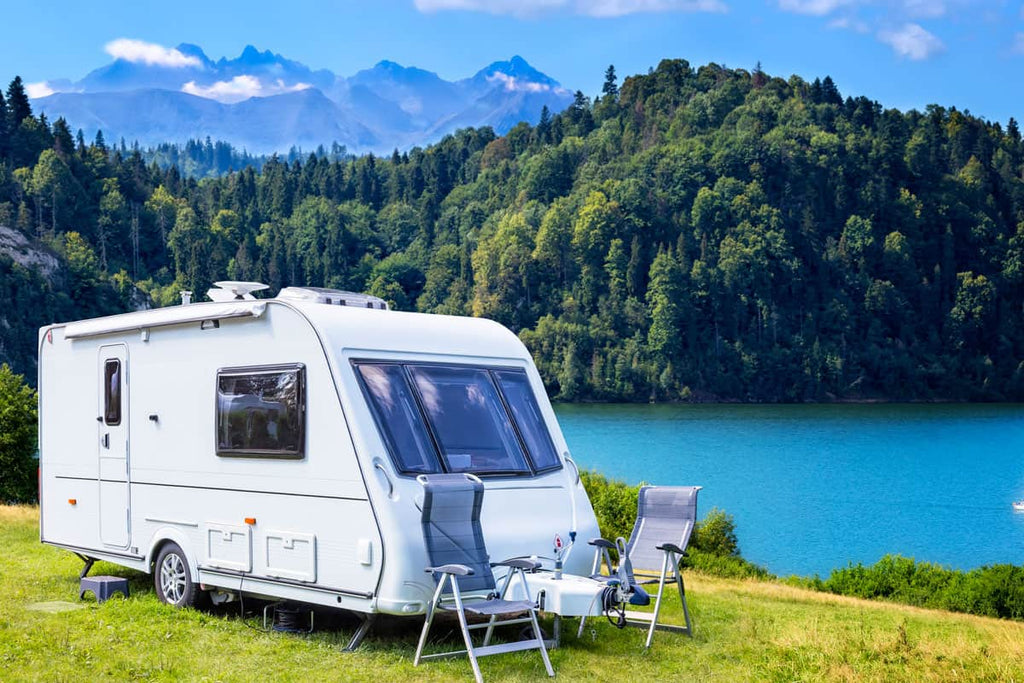

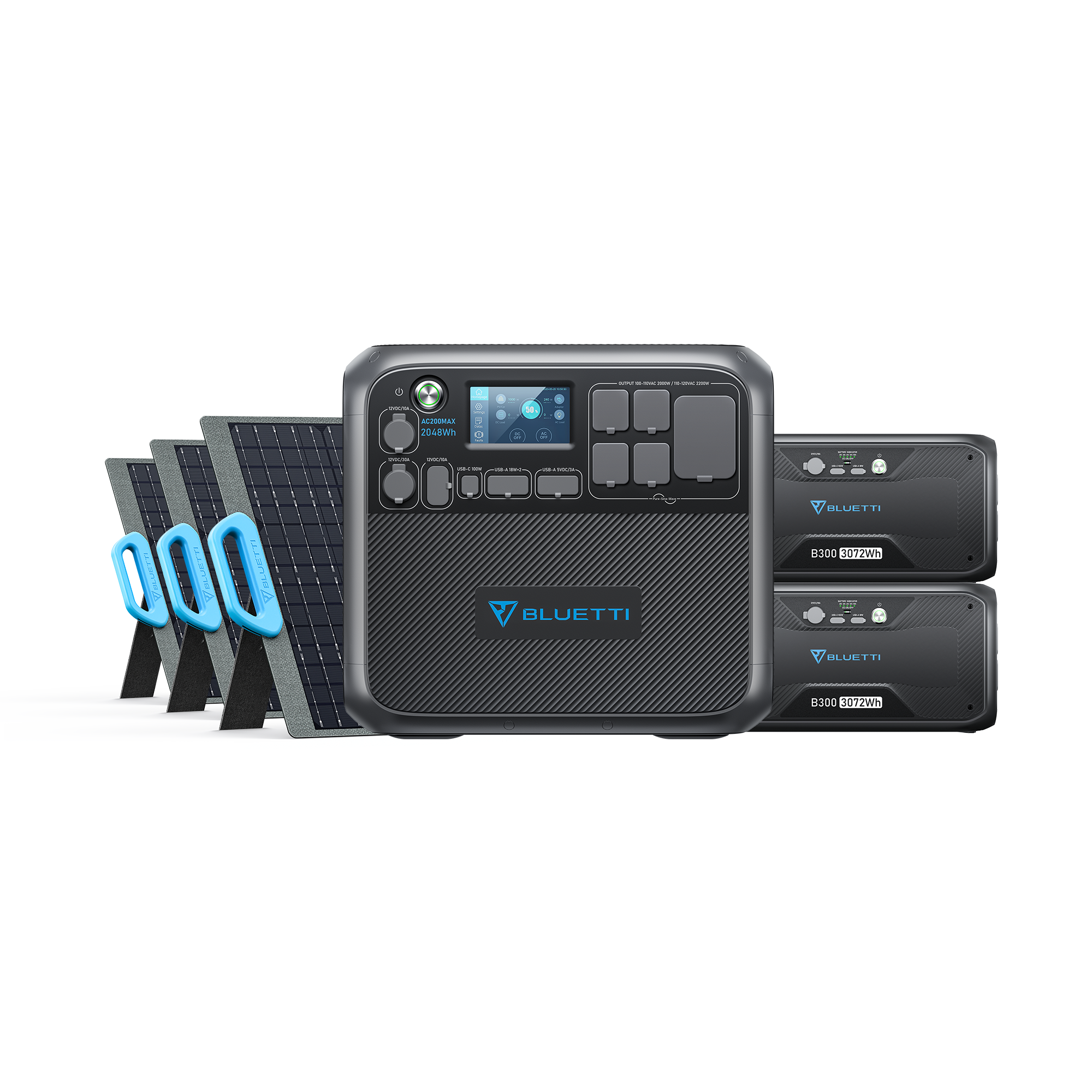
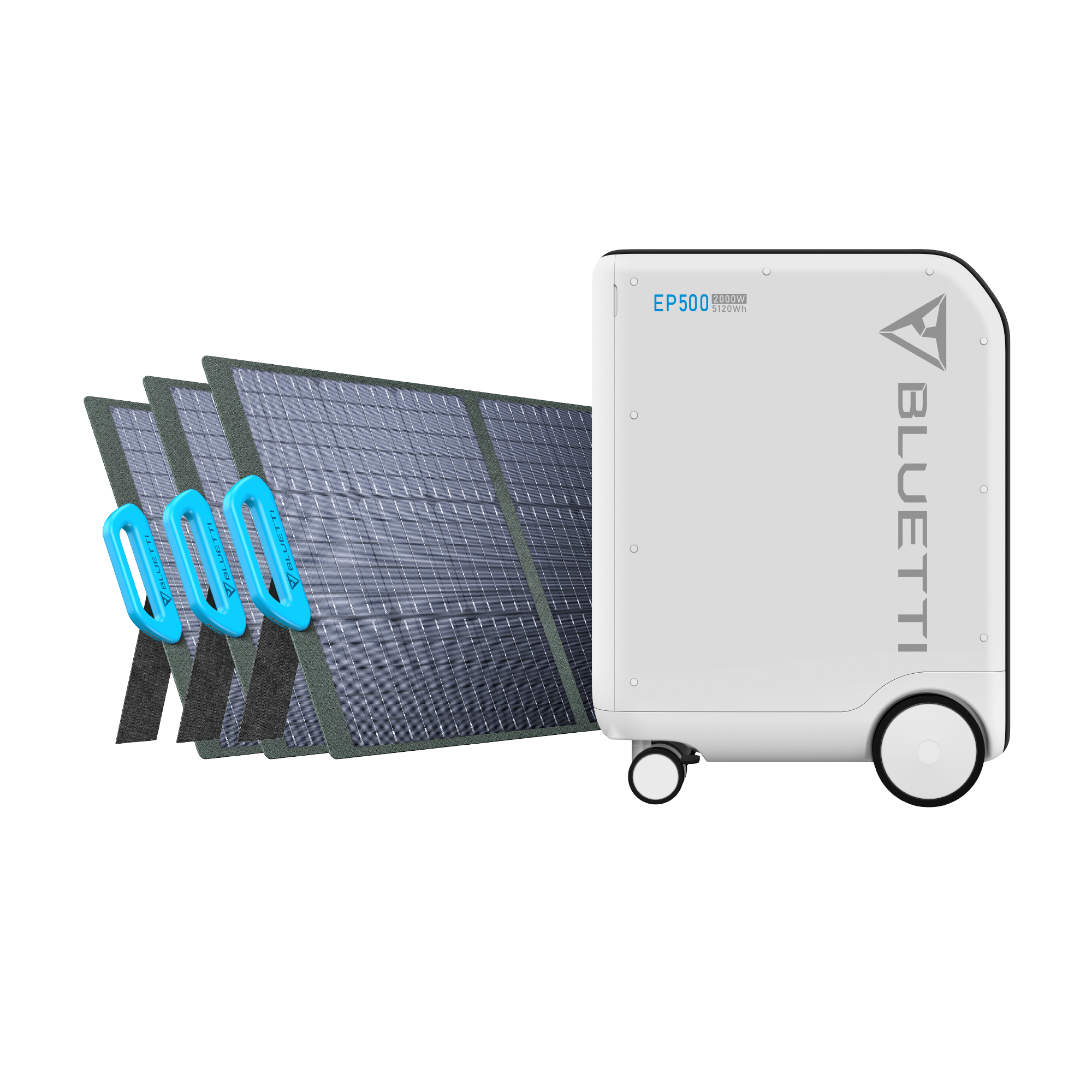















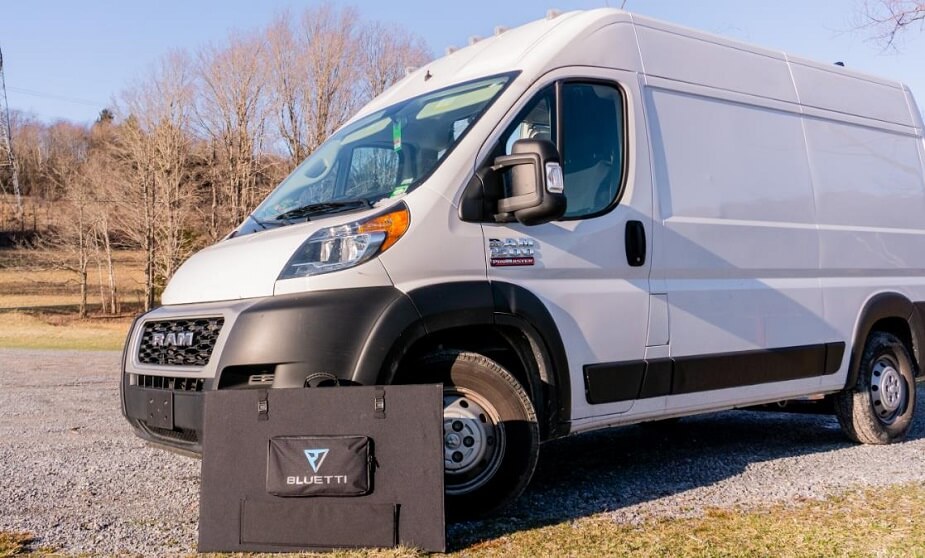



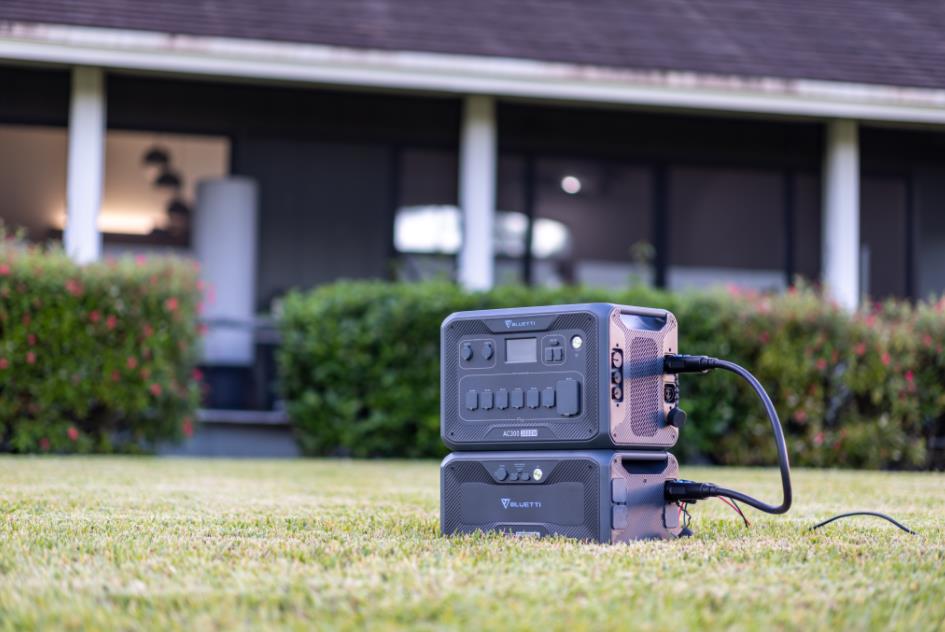
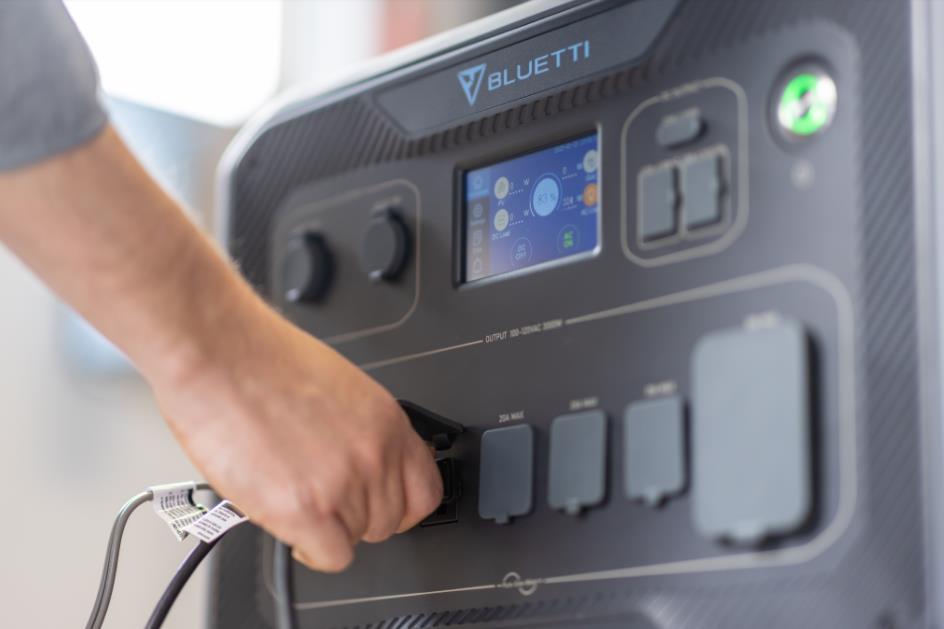

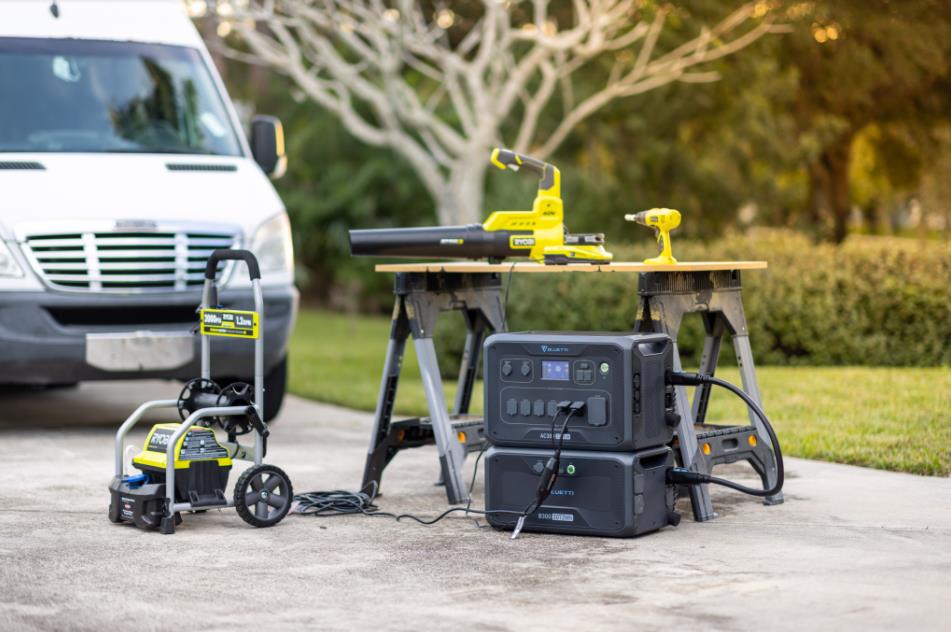




 It's been a campfire topic for some years now, what good does a RV solar panel actually do and is it worth installing?
It's been a campfire topic for some years now, what good does a RV solar panel actually do and is it worth installing?